People have used cannabis for healing and entertainment purposes for thousands of years. It wasn’t until recently that the compounds within cannabis gained broad attention. Two of the most popular compounds found in cannabis are cannabidiol (CBD) and delta-9-tetrahydrocannabinol (THC). The differences between CBD and THC are significant, and understanding these differences is important for anyone considering using either stuff.
Explanation of CBD and THC
CBD, a non-psychoactive compound found in cannabis, does not produce a “high” as THC does. It has potential therapeutic effects, including reducing pain, swelling, anxiety, depression, seizures, and more.
We can extract CBD from the hemp plant or weed plant using various methods. THC, a psychoactive compound found in cannabis, produces the “high” associated with weed use.
It also has potential therapeutic effects but may cause side effects such as weakened memory or coordination when used in high doses. Like CBD, THC can be extracted from both hemp and marijuana plants using different methods.
Brief history of cannabis use
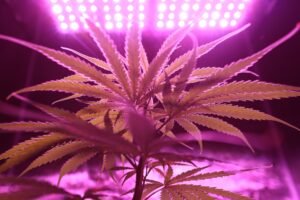
People have used cannabis since ancient civilizations, such as China, Egypt, Greece, and India. It was brought to Europe in the 19th century, and even Queen Victoria used it to treat her period cramps. During the early 20th century in America, there was a significant prohibition of many drugs, including alcohol. This led to increased regulation of marijuana, which culminated in The Marijuana Tax Act of 1937, banning possession or sale without a prescribed tax stamp. This made it extremely difficult to obtain legally.
Today, many countries have legalized medicinal or recreational use, while some countries remain inflexible with their laws. The use of cannabis is still a topic of controversy and debate.
Purpose of the article
This article will explore the differences between CBD and THC, their benefits and potential risks, explain how they work in the body, and how they can be used. By understanding the differences, it can help individuals determine which compound might be best for their specific needs or goals. Emerging research suggests that these compounds may have significant therapeutic potential for a range of conditions, but more work is needed to fully understand their effects on human health.
What is CBD?
Cannabis contains various chemicals known as cannabinoids, of which cannabidiol or CBD is one. CBD is the second most abundant cannabinoid found in the plant after tetrahydrocannabinol (THC).
Unlike THC, it does not produce a euphoric high when consumed. Instead, it provides a host of therapeutic benefits.
Definition and Explanation
Cannabidiol, or CBD, is one of over 100 cannabinoids found in cannabis. We extract CBD from the stems, stalks, and flowers of specially cultivated hemp plants using various met. These methods include CO2 extraction and ethanol extraction. Once extracted, it can be formulated into a variety of products, including oils, capsules, tinctures, creams, and edibles.
As mentioned earlier, unlike THC, which produces a psychoactive effect that makes you feel high or
stoned, CBD does not produce such effects. Instead, it interacts with the endocannabinoid system (ECS), which regulates various physiological processes such as pain perception, mood regulation, immune function, and more.
How it’s Extracted and Used
There are several methods to extract CBD from cannabis plants. However, CO2 extraction is considered to be the safest and most efficient method. This process uses pressurized carbon dioxide to extract CBD oil
from hemp plants without leaving any harmful solvents behind. Once extracted from hemp plants, CBD oil can be used in several ways, depending on your choice.
Some people choose to take CBD oil sublingually (under their tongue) add it to their food/drinks, or simply take it through food items like- ice cream strain, wedding cake strain, cereal milk strain, and many more. Others prefer applying topically in creams or lotions for localized relief. Additionally, CBD oil can also be added to vapes for inhalation or taken orally through capsules.
Benefits and Uses
CBD has gained immense popularity in recent years due to its many potential health benefits. Research has shown that CBD may help with chronic pain, anxiety, depression, sleep disorders, inflammation, epilepsy, and various other conditions.
Additionally, CBD is also being studied for its neuroprotective properties and anti-cancer effects. It’s important to note that while CBD shows a lot of promise as a therapeutic agent, research in this field is still in its early stages. More studies are needed to understand how it works fully and its long-term effects.
CBD is an exciting new compound that offers numerous benefits for people seeking alternative natural remedies. While it’s important to consult with your doctor before using CBD for medicinal purposes, it has shown promise as a safe and effective treatment option. Moreover, it holds great potential for the future of medicine.
What is THC?
Tetrahydrocannabinol, or THC, is the primary psychoactive compound in cannabis. It causes the mind-altering effects that are often associated with marijuana use.
THC is known to produce a euphoric high and to alter perceptions, mood, and behavior. The effects of THC on the body are due to its ability to bind with cannabinoid receptors in the brain and nervous
system.
Definition and Explanation
THC is one of over 100 cannabinoids found in the cannabis plant. It was first isolated and identified by Israeli scientist Dr. Raphael Mechoulam back in 1964.
THC has a similar chemical structure to another cannabinoid called anandamide, which is naturally produced by the body. When consumed or smoked, THC interacts with receptors in the body’s endocannabinoid system (ECS). This plays a crucial role in regulating functions such as sleep, mood, appetite, pain response, and immune system.
How it’s extracted and used?
There are several methods for extracting THC from cannabis plants. These include solvent-based extraction using solvents like ethanol or butane or non-solvent-based extraction techniques like CO2 extraction or ice water hash. After extraction, people can use THC in various forms, such as dried flower buds, Jack Herer strain (marijuana), edibles (food products infused with THC like Biscotti strain), tinctures (liquid drops containing THC), oils (concentrated extracts), capsules (oral consumption), or topicals (applied directly to the skin).
Benefits and uses
THC has several benefits, both medically and recreationally. It has been used for its analgesic properties to treat pain.
This makes it effective for treating chronic pain conditions such as arthritis or neuropathic pain resulting from multiple sclerosis or chemotherapy treatment. Also, it has been noted to have anti-inflammatory properties that help reduce swelling and inflammation in the body.
Recreational users like THC for its mind-altering effects, which create feelings of euphoria, relaxation, and imagination. It is also often used to improve mood and remove stress or anxiety.
Differences between CBD and THC
Chemical composition
CBD and THC are both cannabinoids found in the cannabis plant, but they have different chemical structures. CBD has no psychoactive properties, as it does not bind to the CB1 receptors in the brain like THC does. In fact, CBD can actually counteract some of THC’s psychoactive effects.
On a molecular level, CBD has a similar structure to THC. However, there are slight differences between the effects and how it interacts with the body’s endocannabinoid system. Whereas THC binds directly to CB1 receptors in the brain, CBD has a more indirect effect by interacting with other receptors in the body.
Psychoactive effects
One of the most significant differences between CBD and THC is their psychoactive effects. As mentioned above, while both compounds interact with our endocannabinoid system in different ways, only THC produces mind-altering effects (a “high”). It is due to its ability to bind directly to CB1 receptors.
CBD, on the other hand, does not produce any euphoric or intoxicating effects and is non-addictive. Rather than producing a feeling of being “stoned,” it can actually reduce feelings of anxiety and paranoia caused by high amounts of THC.
Legal status
Another important difference between these two compounds is their legal status. While marijuana remains illegal at a federal level in many countries, including the United States, several states have legalized cannabis for both medical and recreational use on a state level. CBD derived from hemp plants containing less than 0.03% THC is legal at a federal level under the U.S. Farm Bill passed in 2018.
However, marijuana-derived CBD products are still illegal under federal law despite being legal at various state levels. In contrast, due to its psychoactive properties and potential for abuse or addiction, pure THC remains illegal in most countries. These include the United States, with only a few states allowing it for medical purposes.
This situation sometimes makes the Washington DC weed legalization a topic of confusion.
The Benefits of CBD vs. THC
When it comes to the benefits of cannabis, both CBD and THC have unique advantages. Research shows that CBD can be used to treat a variety of medical conditions, while THC is more commonly used for recreation. In this section, we will examine the benefits of each substance in detail.
CBD Benefits for Medical Purposes
CBD has gained popularity in recent years due to its potential to treat a variety of medical conditions. It can provide pain relief for individuals with chronic pain or inflammation, reduce anxiety and depression symptoms, and even help manage symptoms associated with epilepsy and cancer treatment.
CBD works by interacting with the body’s endocannabinoid system (ECS), a complex network that helps regulate a variety of functions such as mood, appetite, sleep, and immune response. When CBD binds to ECS receptors in the body, it can produce an anti-inflammatory response, which reduces pain and swelling in affected areas.
Research has also shown that CBD may be effective in treating anxiety disorders by reducing symptoms associated with social anxiety disorder (SAD) and post-traumatic stress disorder (PTSD). Additionally, studies have suggested that it may be useful for managing seizures associated with epilepsy when used in conjunction with traditional treatments.
THC Benefits for Recreational Purposes
People commonly use CBD for medicinal purposes, while THC is well-known for its recreational properties. The psychoactive effects produced by THC can provide a feeling of euphoria or relaxation, making it popular among individuals seeking stress relief or recreational use.
THC works similarly to CBD by binding to receptors within the ECS network; however, instead of reducing inflammation like CBD does, it produces a high through its psychoactive effects. Additionally, research suggests that THC may increase creativity levels as well as enhance sensory experiences such as taste and smell.
While there are undoubtedly many potential benefits from using CBD and THC, it is important to understand the risks associated with each substance as well. Both compounds can cause side effects, and individuals should always consult with a medical professional before using either substance for recreational or medicinal purposes.
CBD vs THC: Which One to Choose?
Choosing between CBD and THC can be a difficult decision, as both have their own unique benefits and uses. The decision largely depends on your medical condition or entertainment goals and the potential side effects or risks related to each substance. Here are some factors to consider when choosing between CBD and THC.
Medical Condition or Recreational Goals
If you’re using cannabis for medical purposes, it’s important to understand the specific benefits of each cannabinoid. People commonly use CBD for pain relief, anxiety, depression, epilepsy, cancer treatment, and other medical conditions.
It interacts with the body’s endocannabinoid system (ECS) to reduce inflammation and promote homeostasis in the body. People commonly use THC for entertainment purposes because it produces feelings of euphoria, relaxation, and imagination.
When choosing between CBD and THC for medical use, you should consult with a healthcare provider to help you determine which cannabinoid is best for your specific condition. For recreational use, it’s important to understand that THC has a much stronger “high” than CBD.
Side Effects or Risks Associated with Each Substance
CBD and THC can cause side effects, even when taken in appropriate doses under the guidance of a doctor or knowledgeable cannabis dispensary staff member. Some potential side effects include nausea, dry mouth, and drowsiness. Most people generally tolerate CBD well, but it can cause more severe side effects at high doses.
In contrast, THC can produce side effects such as dry mouth/throat/lungs/eyes/nose/skin, increased heart rate, bloodshot eyes, nervousness, etc., and may also result in impairments in cognitive function while under its influence. Thus, it is important to understand the side effects of each substance before selecting which one to use.
Conclusion:
Summary of key points discussed in the article
This article has discussed the differences and benefits of CBD and THC. Medical CBD can provide relief from pain, anxiety, depression, epilepsy, cancer treatment, and other conditions.
People use THC, a psychoactive compound extracted from the marijuana plant, for entertainment purposes. It provides a feeling of euphoria, relaxation, imagination, and other effects.
The article also discussed the differences between CBD and THC in terms of their chemical composition, psychoactive effects, legal status, and benefits. Although both CBD and THC come from cannabis plants, they have different characteristics that make them better suited for different uses.
Future prospects for research on cannabis
As more states accept weed for medical or entertainment use, there is a growing need for research on cannabis to understand its benefits and risks better. In recent years, there has been significant progress in this area, with several studies showing positive results.
Future research may focus on finding new strains of cannabis with enhanced healing abilities or finding ways to improve existing strains to maximize their therapeutic potential. Additionally, there may be freedom to explore alternative methods of administration, such as vaporization or edibles.
As our knowledge of cannabis continues to grow through scientific research and trials, we can expect better medicines that can improve human health in general. With this better understanding comes increased acceptance within society, which will lead to new breakthroughs in medicine as well as social justice reform relating to drug laws.


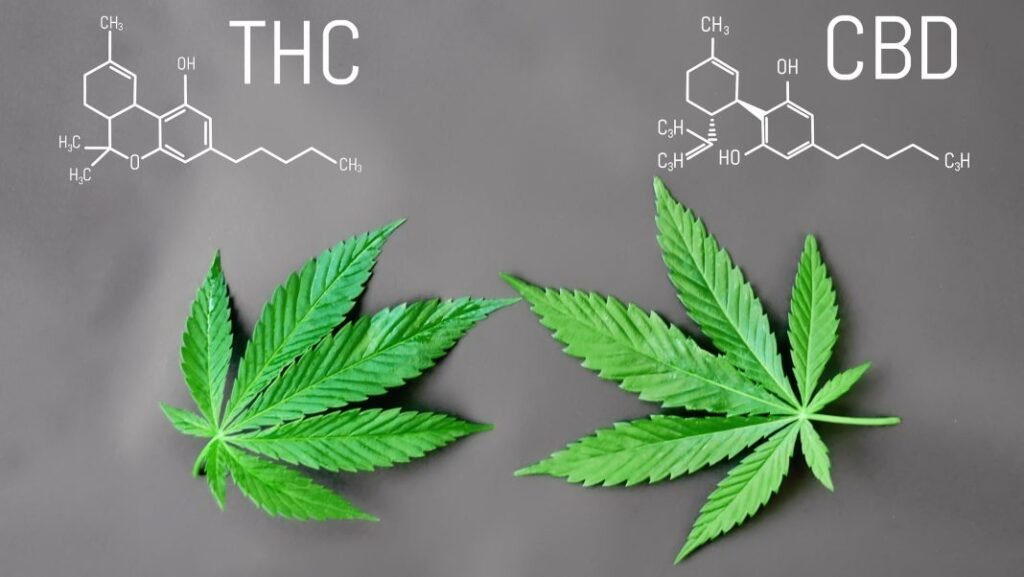

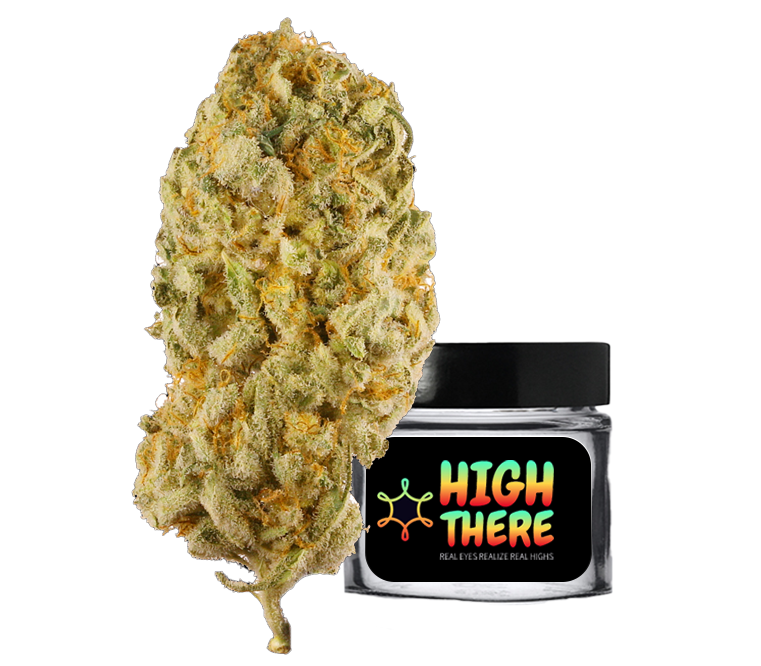

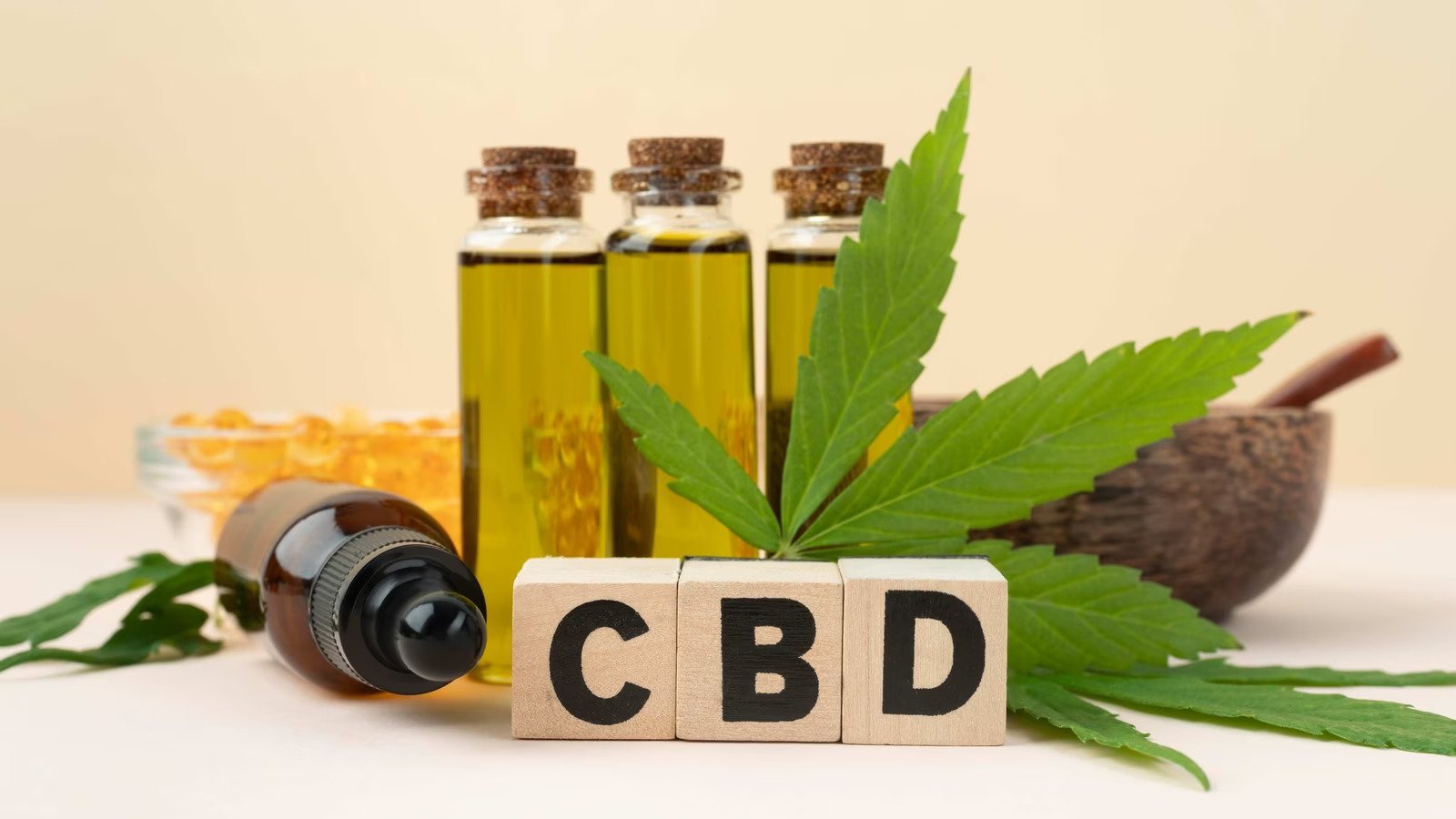
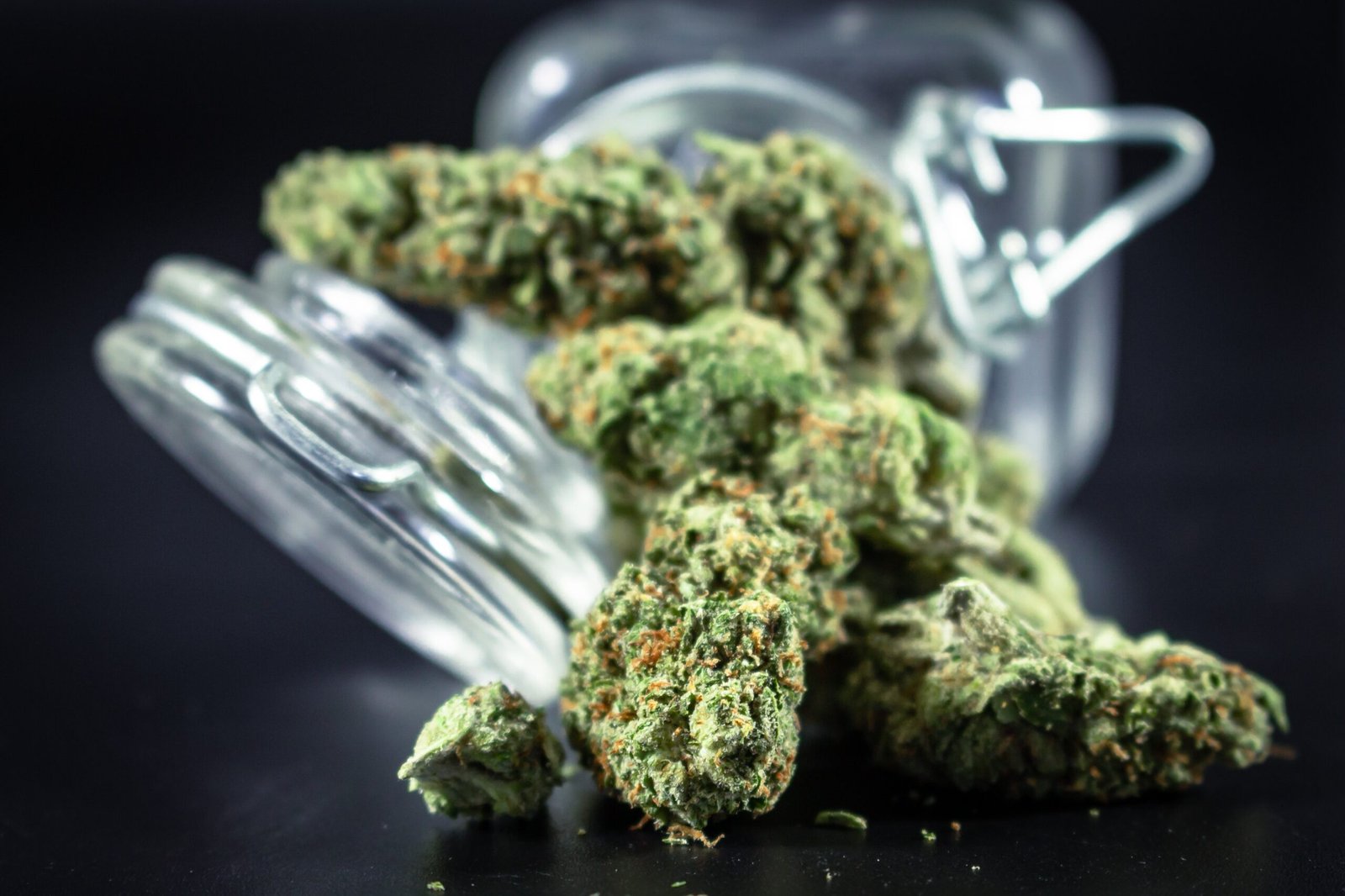
4 thoughts on “CBD vs. THC: Exploring the Differences and Benefits”
Pingback: High-THC Weed Strains: Potency, Effects, Risks
Pingback: Hybrid Strains: Balancing Genetics and Effects
Pingback: Marijuana - Know the Medical Benefits in Washington, DC
Pingback: Terpenes in Cannabis : The Art of Aroma
Comments are closed.